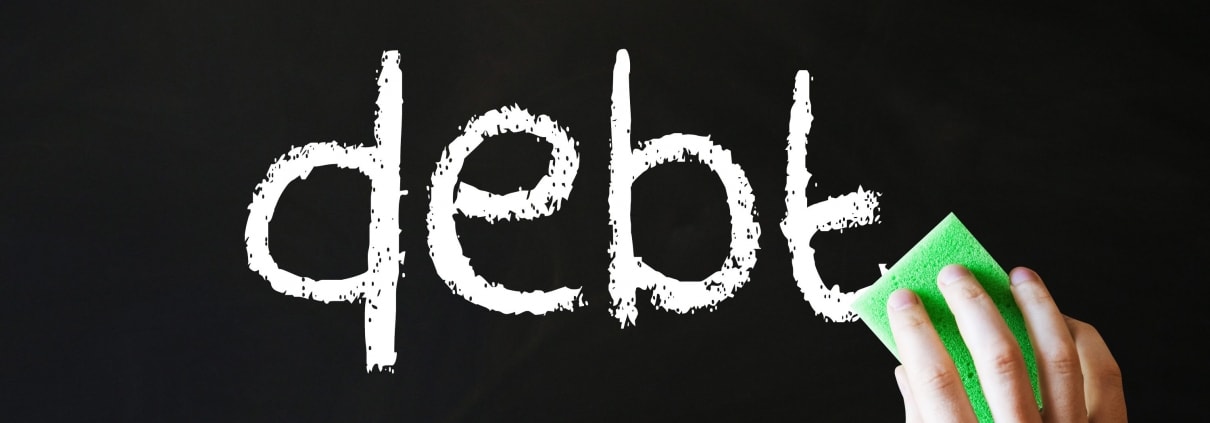What Happens to the Debt of the Deceased?
Hanafi Fiqh
Answered by Shaykh Abdul-Rahim Reasat
Question
Let us suppose a situation that a father died leaving no valuable inheritance to his children and he owed a debt. Now does that debt become cancelled or do the children need to paid it by their earning?
Furthermore, in which cases does the debt become cancelled?
Answer
I pray you are well.
When a person dies anything he leaves behind is – first and foremost – used to pay for his funeral costs, if he does not have other arrangements. After that his debts are settled, and then, if anything remains, his heirs are given the rest according to the distribution of the Shari’a. If he left a will for up to a third of his estate to be given to non-inheriting heirs this is executed before the heirs receive their shares. (Sajawandi, al-Sirajiyya)
Based on the above, if he did not leave much behind, after taking care of the burial, etc, the debts should be settled. If there is not enough to pay them then the heirs are not responsible for paying them off. The debt will have to be taken care of by the deceased on the Day of Judgement.
The heirs can pay it off if they wish, as an act of kindness to the parent, but there is no legal obligation for them to do so.
May Allah grant you the best of both worlds.
[Shaykh]Abdul-Rahim Reasat
Checked and approved by Shaykh Faraz Rabbani
Shaykh Abdul-Rahim Reasat began his studies in Arabic Grammar and Morphology in 2005. After graduating with a degree in English and History he moved to Damascus in 2007 where, for 18 months, he studied with many erudite scholars. In late 2008 he moved to Amman, Jordan, where he continued his studies for the next six years in Sacred Law (fiqh), legal theory (Usul al-fiqh), theology, hadith methodology, hadith commentary, and Logic. He was also given licenses of mastery in the science of Quranic recital and he was able to study an extensive curriculum of Quranic sciences, tafsir, Arabic grammar, and Arabic eloquence.
